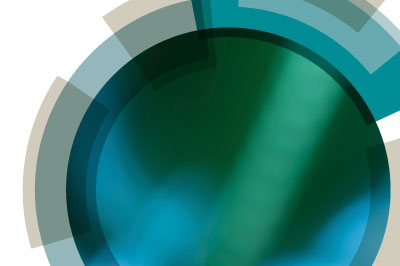What will you learn on this course?
This course looks at method validation from start (initial planning) to finish (on-going tracking of performance statistics). Starting with describing the end goal of the analysis and feeding these objectives into research and planning. You will consider the six main areas of a method: sampling, sample transportation & storage, sample preparation, sample analysis, data analysis and reporting.
The first practical exercise takes a pharmaceutical case study to plan and design a method, providing the chance to apply the knowledge learned in the first part of the course.
An introduction to method performance is provided, covering qualitative and quantitative performance along with the steps to evaluate method performance.
The course looks at instrument qualification and system validation and system suitability, covering the design of control charts along with on-going monitoring and appraisal. The second practical covers using previously acquired data to design a brand-new Shewhart control chart. You will calculate uncertainty values and use conditional formatting to automatically highlight trends and atypical results.
Finally, the course discusses analytical method validation quality standards touching on MCERTS and ISO 17025 as examples, leading in to an introduction to method accreditation.
Learning outcomes
Who is this course for?
This course is aimed at delegates with good knowledge of a base technique e.g. GC (or GC-MS) or LC (or LC-MS) and would like to learn more about method validation. Delegates requiring refresher training will also benefit. Whether you are a PhD student developing your research method or you work in a contract laboratory, you will benefit from attending this course!
This course looks at method validation from start (initial planning) to finish (on-going tracking of performance statistics). Starting with describing the end goal of the analysis and feeding these objectives into research and planning. You will consider the six main areas of a method: sampling, sample transportation & storage, sample preparation, sample analysis, data analysis and reporting.
The first practical exercise takes a pharmaceutical case study to plan and design a method, providing the chance to apply the knowledge learned in the first part of the course.
An introduction to method performance is provided, covering qualitative and quantitative performance along with the steps to evaluate method performance.
The course looks at instrument qualification and system validation and system suitability, covering the design of control charts along with on-going monitoring and appraisal. The second practical covers using previously acquired data to design a brand-new Shewhart control chart. You will calculate uncertainty values and use conditional formatting to automatically highlight trends and atypical results.
Finally, the course discusses analytical method validation quality standards touching on MCERTS and ISO 17025 as examples, leading in to an introduction to method accreditation.
Learning outcomes
- You will gain knowledge in method validation including planning, experimentation, optimisation and control.
- You will learn about method performance and become conversant with many aids to future-proof your methods.
- You will gain practical experience in the design of Analytical Quality Control (AQC) charts and become familiar with the statistics, formulae and conditional formatting therein.
Who is this course for?
This course is aimed at delegates with good knowledge of a base technique e.g. GC (or GC-MS) or LC (or LC-MS) and would like to learn more about method validation. Delegates requiring refresher training will also benefit. Whether you are a PhD student developing your research method or you work in a contract laboratory, you will benefit from attending this course!









